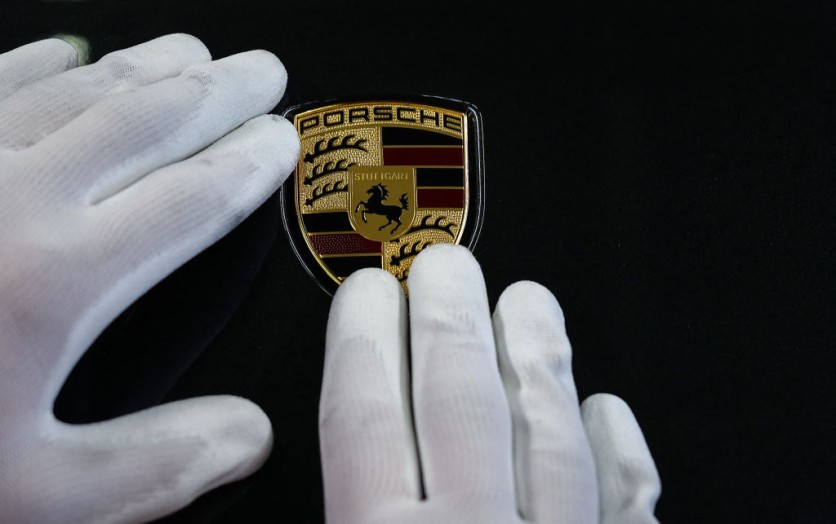As it faces stiffer competition in the electric vehicle (EV) market in China, Porsche is reportedly collaborating more closely with its local dealers to discuss potential adjustments in the changing market.
According to a statement, the German automaker is talking with its Chinese dealers about modifying their customer service and business plans in response to market shifts. Porsche said both parties intend to collaborate more closely but did not offer specifics on the new course.
Due to the rise of local competitors with a stronger market presence, Porsche and other Western automakers have suffered a decline in their EV sales in China. Tesla just recently released a dwindling sales report on its China-made EVs.
Furthermore, as a result of the real estate crisis that crippled China's economy, demand for EVs has generally declined, leading to price reductions that have negatively impacted the earnings of dealers and manufacturers.

Fall of Porsche
According to Chinese media reports, some Porsche dealers in China have expressed disapproval of this year's sales targets and are requesting compensation for selling EVs at a loss.
About 25% of Porsche's total deliveries in 2017 came from China. Porsche's sales in the Chinese market declined by 15% in 2023, and the brand's sales have been much worse this year, with a 24% drop in the first quarter.
During the same period, deliveries to North America decreased by 23%, primarily due to a shipping delay caused by customs.
Read Also : Porsche Bets on South 8 to Solve EV Winter Woes
China on Foreign EV Brands
Struggles for non-Chinese manufacturers continue as recent reports show China is replacing most of its automobile shops and showrooms with EVs from Chinese automaking behemoths, notably Geely models.
According to reports, one example shows that the models of the Japanese premium brand Infiniti, a division of Nissan, are no longer available on the forecourt at a vehicle dealership outside of Shanghai after a months-long renovation this year.
Zeekr, a sub-brand of Geely, is bringing sedans and sport utility vehicles into a sleek new showroom. The new Shanghai location is the second that Yongda Auto, the fourth-largest dealer chain in China based on revenue, has transformed into a "Zeekr House" in the past 12 months.
The other factory in Changzhou was used to distribute cars under the Roewe brand, initially built in 2006 from the remnants of the British automaker MG Rover. Yongda provides a forecourt demonstration of the impact of China's shift away from gasoline-powered cars and toward more environmentally friendly ones.
In response to the shift to EVs, Chinese auto dealers are discarding international brands and favoring domestic EV manufacturers, which are gaining market share at an accelerated rate. Dealers are also reportedly adapting to these new automobile sales strategies.

ⓒ 2025 TECHTIMES.com All rights reserved. Do not reproduce without permission.




